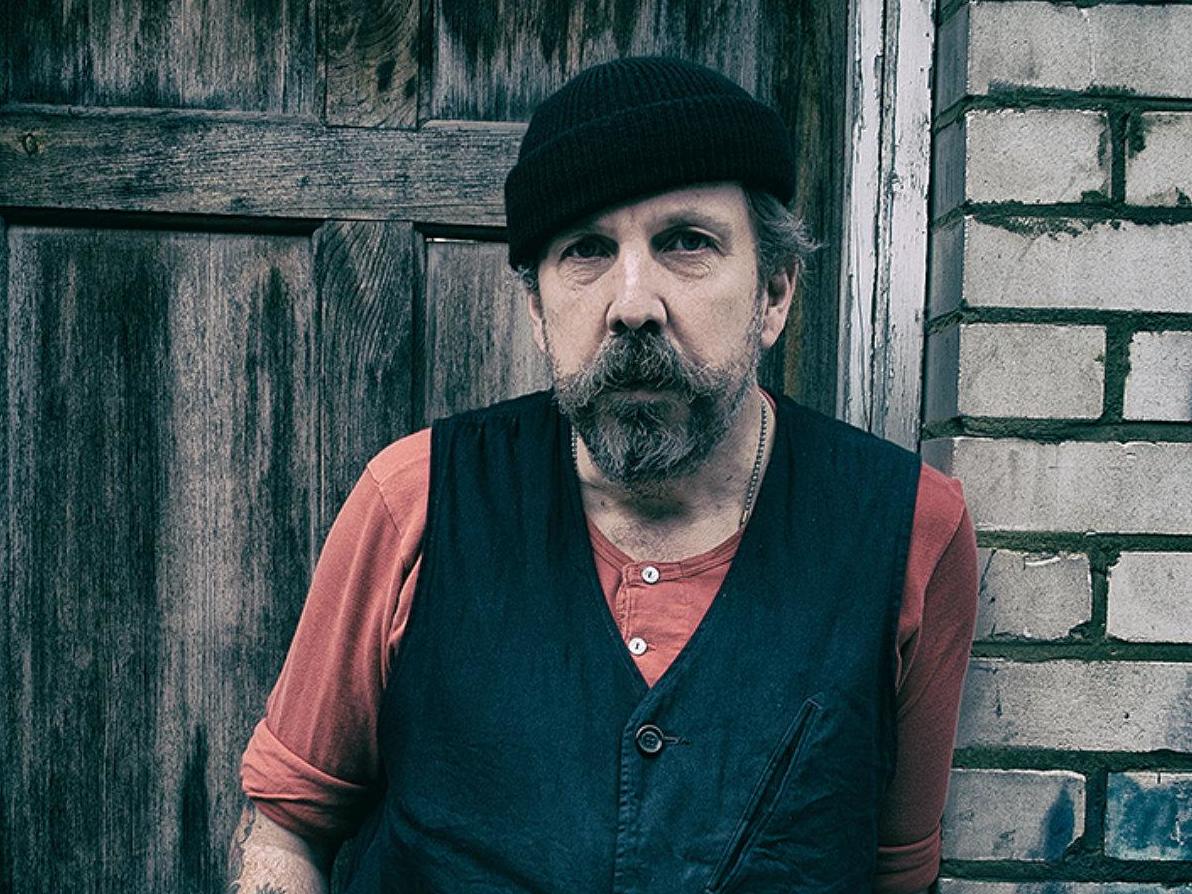Andrew Weatherall: Far-seeing DJ and producer who fused indie and dance
He made his name behind the decks in the acid house era and was the force behind Primal Scream’s epochal hit ‘Loaded’

One of the most prominent DJs and producers of his era, Andrew Weatherall helped to pioneer acid house and gave indie rock a dancefloor-friendly remix.
Weatherall, who has died aged 56 of a pulmonary embolism, was one of the first “superstar” DJs – although he rejected this title and chose to pursue a career as a music maverick, so sidestepping the vast fortunes that some of his contemporaries acquired. Not that Weatherall ever showed any misgivings about the path he chose, demonstrating great joy and enthusiasm in all that he engaged in. Even a late career as a rockabilly singer – baffling many of his admirers – was done with a smile on his face.
Born in Windsor, Berkshire, to a middle-class family, Weatherall attended grammar school where he demonstrated a keen wit and intelligence, leaving at 16 to work on building sites. Already a keen collector of records and tattoos, Weatherall was determined to go his own way.
Shifting to London aged 18, he quickly got work as a DJ and a freelance music journalist. Weatherall had a way with words and the Boy’s Own fanzine he and likeminded friends published championed the music, fashion, football and ethos these youths were pursuing.
But it was his skills as a DJ that won attention. He boasted a record collection that covered punk, funk, Krautrock, disco, reggae, rockabilly, pop and pretty much everything else he could find. His ability to pair up unlikely records and create brilliantly odd mixes led, in 1989, to him getting booked to play in Shoom, the south London club that brought the acid house sound being pioneered in Balearic nightclubs to the UK. Weatherall admitted he was in the right place at the right time and embraced the opportunities with gusto.
In 1990 fellow DJ Paul Oakenfold, who recognised the symbiosis between the new indie bands and acid house invited Weatherall to help him remix “Hallelujah”, a recording by Manchester band Happy Mondays. The successful results led to struggling Scottish band Primal Scream reach out to Weatherall for a remix. He agreed but instead of simply adding a dance rhythm and effects to their song he completely rebuilt it out of samples from his record collection (with a quote from 1966 biker movie The Wild Angels), so creating a new song, “Loaded”.
This freewheeling paean to getting high reached No 16 in the UK charts in 1990, appealed to clubbers and rockers and helped Primal Scream to win the first Mercury Prize for their album Screamadelica (1991), some of which Weatherall produced. From then on Weatherall was in high demand as a remixer of British indie bands – New Order, St Etienne, Manic Street Preachers and others all benefited from his imaginative touch.
Weatherall initially thought he might have a future as a record producer but later admitted that his desire to reorder the sound of bands was not what many wanted. He did helm Beth Orton’s successful 1996 album Trailer Park, fusing acoustic folk with electronic effects so won credit as a pioneer of trip hop.
He developed an intensive international DJ schedule and began to lead his own outfits – the Sabres of Paradise, an electronic dub trio, released three albums on his own label. In 1996 he launched Two Lone Swordsmen with Keith Tenniswood, an electronic music duo who would release many albums and singles over the next two decades. In 2006 Weatherall launched his solo career with the EP The Bullet Catcher’s Apprentice on his own label, Rotters Golf Club.
Weatherall remained forever restless, moving from dance to rockabilly and beyond, often adding an element of the absurd to what he did. “Humour’s very important,” he told an interviewer. “If I didn’t see everything as a complete joke, I would’ve been locked up years ago. I would’ve gone completely insane.”
Happiness, he noted, came about via him being able to experiment and have fun. Even if he hadn’t chased the most lucrative DJ gigs, he still retained a strong following and had regular club and festival bookings. As to his success he admitted surprise, saying he only started DJ-ing to earn a bit of money to buy clothes and records.
He is survived by his partner Elizabeth Walker, father and brother.
Andrew Weatherall, DJ and producer, born 6 April 1963, died 17 February 2020
Subscribe to Independent Premium to bookmark this article
Want to bookmark your favourite articles and stories to read or reference later? Start your Independent Premium subscription today.

Join our commenting forum
Join thought-provoking conversations, follow other Independent readers and see their replies